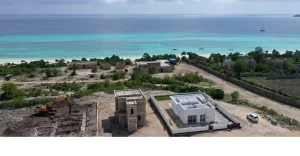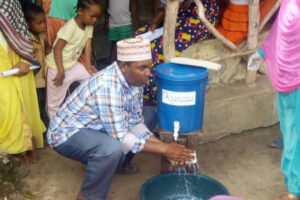Dar es Salaam — The United Nations World Food Programme (WFP) is pleased to announce a donation of 25 metric tons of nutritious dates from the Kingdom of Saudi Arabia through the King Salman Humanitarian Aid and Relief Centre (KSrelief) to support 200,000 refugees in Tanzania. The contribution of dates will enhance the nutritional value of WFP’s food assistance to vulnerable groups such as pregnant and breastfeeding women and hospital patients, ensuring they receive the necessary nutrients for their well-being.
“The donation from KSrelief comes at a critical time as WFP is currently facing funding challenges,” said WFP Country Director and Representative Sarah Gordon-Gibson. “We extend our sincere gratitude to KSrelief for their donation, which will help provide much-needed support to those who need it most,” she added.
WFP provides monthly food assistance, consisting of fortified cereals, pulses, salt, and vegetable oil, to refugees in Nduta and Nyarugusu camps in the Kigoma region to meet their basic food and nutrition needs.
Between now and November 2024, WFP Tanzania will face a USD 23 million funding shortfall for its refugee operations.
Source: allafrica.com














